The recent election has highlighted the benefits of being open-minded in our society—a tool that helps bridge divides and fosters meaningful relationships.. This perception of a binary choice can exacerbate tensions and create an environment where productive dialogue feels impossible. Yet, in times of division, the power of a flexible mind becomes a crucial tool for thriving and fostering meaningful relationships.
A flexible mind is not just the ability to change opinions at the drop of a hat. It is the cultivated capacity to listen, understand, and thoughtfully engage with perspectives that differ from your own.Developing a flexible mind shows the benefits of being open-minded in fostering empathy, open-mindedness, and respect. The benefits of approaching life with such a mindset are multifaceted, leading to richer personal connections, enhanced problem-solving abilities, and a deeper sense of community.
To further enhance your communication skills and understand the role of empathy in building connections, learn more about effective communication in our article on emotional intelligence
The Benefits of Being Open-Minded
In a polarized environment, being open-minded offers significant benefits. First and foremost, it fosters genuine connections. When we take the time to truly listen and engage with those who hold different beliefs, we create an opportunity for trust and understanding to flourish. This trust does not imply that we agree with everything the other person says, but it shows that we respect their right to hold their opinions and value their perspective.
Moreover, an open mind enriches our own understanding. When we are exposed to diverse viewpoints, we challenge our assumptions, which can lead to more refined and resilient beliefs. This process of learning and unlearning enables us to adapt, grow, and respond more effectively to new challenges. Instead of viewing conversations as confrontations, they become opportunities for mutual growth.
Lastly, maintaining a flexible mindset promotes emotional resilience. When we are rigid in our thinking, disagreements can feel threatening, sparking defensiveness and emotional distress. However, an open mind turns these moments into chances to practice patience, curiosity, and self-awareness. It helps us remain composed and confident, even amidst contrasting views.
Three Tips to Empower Your Thinking and Strengthen Relationships
Here are three actionable tips for developing a more flexible mind, empowering your thinking, and creating stronger relationships built on respect and integrity:
1. Practice Active Listening Without an Agenda
One of the simplest yet most powerful ways to demonstrate an open mind is through active listening. This means giving someone your full attention without immediately formulating your response or debating their points in your head. Active listening involves:
- Making eye contact and using non-verbal cues to show you are engaged.
- Asking clarifying questions to deepen your understanding.
- Reflecting back what you heard to confirm comprehension.
For instance, if a friend shares a political viewpoint that differs from yours, try saying, “I hear that you believe [X] because [Y]. Can you tell me more about why that is important to you?” This approach shows that you value their perspective, even if you don’t agree. By setting aside the urge to immediately argue or defend your stance, you create space for mutual respect.
2. Challenge Your Own Assumptions
A significant part of developing a flexible mind is recognizing that your beliefs, no matter how deeply held, are not absolute truths. Challenge your assumptions by seeking out information that contradicts your perspective. This doesn’t mean you have to adopt a new belief, but rather, that you give yourself the chance to understand why others think the way they do.
Try diversifying your media consumption or speaking with individuals who come from different backgrounds. Exposure to a range of opinions helps dismantle the echo chambers that often reinforce our existing beliefs. By confronting these biases, you open the door to empathy and humility—traits that build trust and strengthen relationships.
3. Focus on Shared Values
While opinions may differ, shared values often serve as common ground that can bring people together. Instead of zeroing in on divisive topics, emphasize values like family, community, fairness, or growth—qualities that most people, regardless of their stance, can agree on.
For example, during a conversation about a contentious issue, steering the discussion towards shared values can shift the focus from conflict to connection. If you’re speaking with someone who has an opposing view, you might say, “I think we both care deeply about our communities thriving. How do you see us achieving that?” This subtle shift promotes collaboration rather than competition.
Building Bridges in Times of Division
As we navigate this post-election period, it’s more important than ever to cultivate flexible, open-minded approaches. By practicing active listening, challenging our assumptions, and focusing on shared values, we can transform divisive moments into opportunities for deeper connection and understanding. A flexible mind empowers us not only to respect others but also to strengthen the very fabric of our communities. In the end, it is through these acts of integrity and openness that we thrive together—not as opponents, but as collaborators in the shared journey of life.
If you’re ready to cultivate a more open-minded and resilient team, I’d love to help. Let’s work together to bring empathy, open-mindedness, and effective communication to your workplace. Reach out today to start the journey! Click here to learn more!

